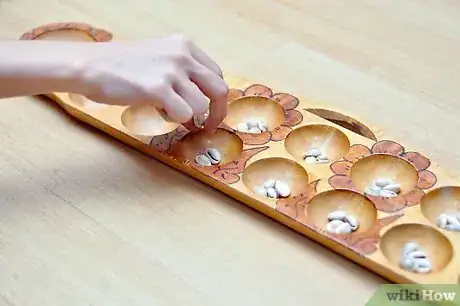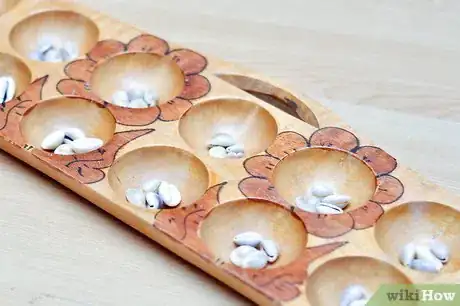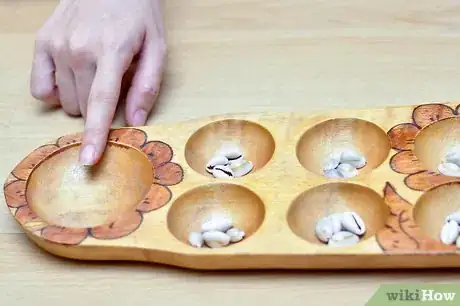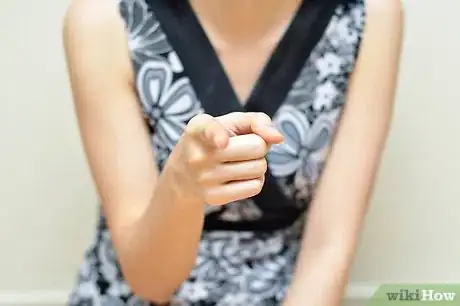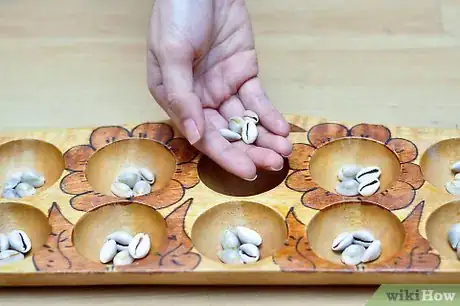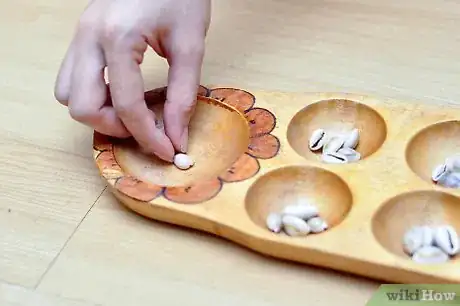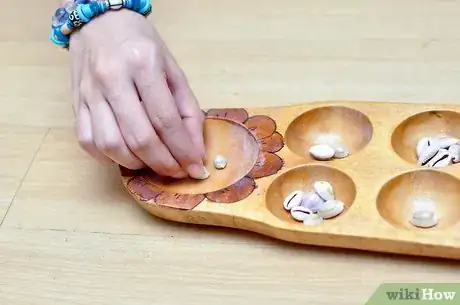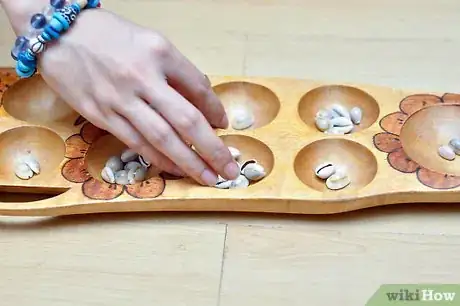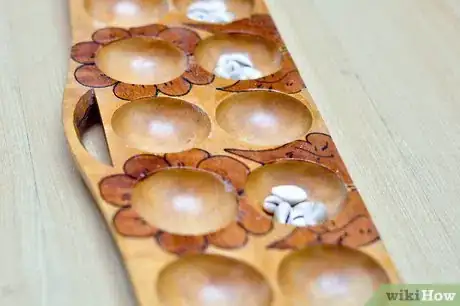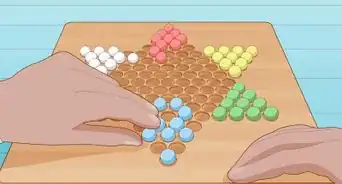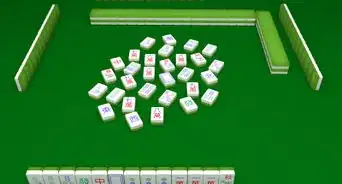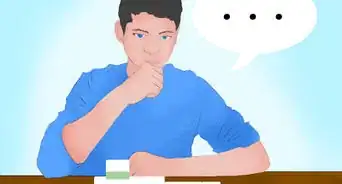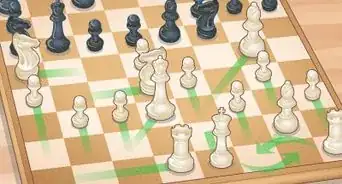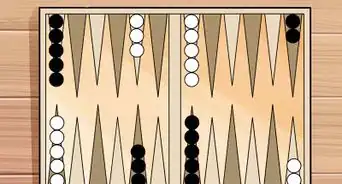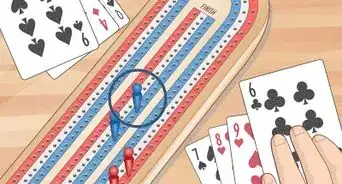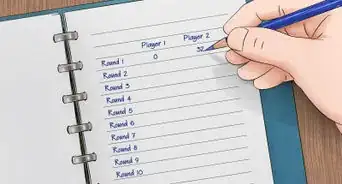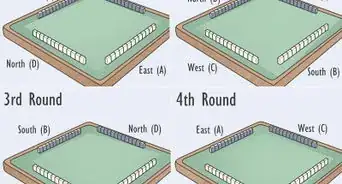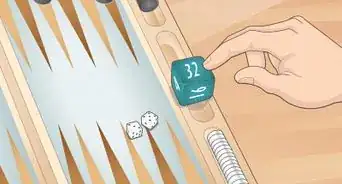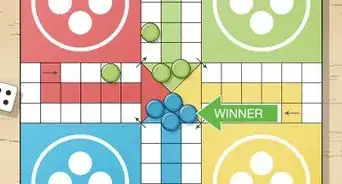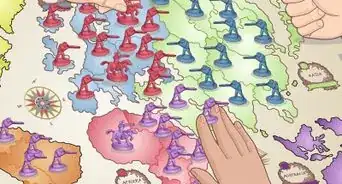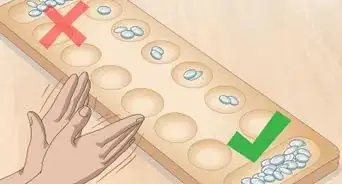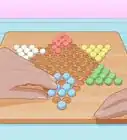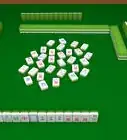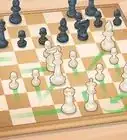A quick run-down of the Mancala rules for beginner players
X
wikiHow is a “wiki,” similar to Wikipedia, which means that many of our articles are co-written by multiple authors. To create this article, 21 people, some anonymous, worked to edit and improve it over time.
This article has been viewed 169,869 times.
Learn more...
Mancala is a family of board games played around the world, sometimes called "sowing" games, or "count-and-capture" games. Kalaha is a form of the popular board game Mancala family, and it's probably the game you're thinking about when you say "Mancala." So, are you ready to get started? Read on to learn all the basics about this easy and fun game.
Steps
8
Capture pieces when you can.
-
1Captured pieces go into your Mancala store. If the last stone you drop is in an empty cup on your side, capture that piece along with any pieces in the hole directly opposite.
===End the game when one player's 6 cups are all empty.
-
1The player who still has stones left in their cups captures those stones and puts them in their Mancala.[4] Players compare the number of stones in their Mancala. The player with the most stones wins.
Advertisement
Community Q&A
-
QuestionCan you still play if you have lost pieces?
 Community AnswerYes, just find the appropriate substitute. For example, go outside and find small pebbles or stones.
Community AnswerYes, just find the appropriate substitute. For example, go outside and find small pebbles or stones. -
QuestionCan there be three pebbles in only one of the cups?
 HannahCommunity AnswerIt isn't a good idea to start off with only three pebbles in only one of the cups, as that provides a little bit of disadvantage to either player. Some alternatives if you lost a piece is to find a small substitute or instead make all of the cups have three, taking away one pebble from all of the holes that have four in them.
HannahCommunity AnswerIt isn't a good idea to start off with only three pebbles in only one of the cups, as that provides a little bit of disadvantage to either player. Some alternatives if you lost a piece is to find a small substitute or instead make all of the cups have three, taking away one pebble from all of the holes that have four in them. -
QuestionWhat happens to the pebbles that are left on the other side?
 CloudcrunchCommunity AnswerAll of them go to the player who did not make the last move.
CloudcrunchCommunity AnswerAll of them go to the player who did not make the last move.
Advertisement
Things You'll Need
- A Kalaha-board
- 72 playing pieces
- 2 players (only)
References
About This Article
Advertisement
